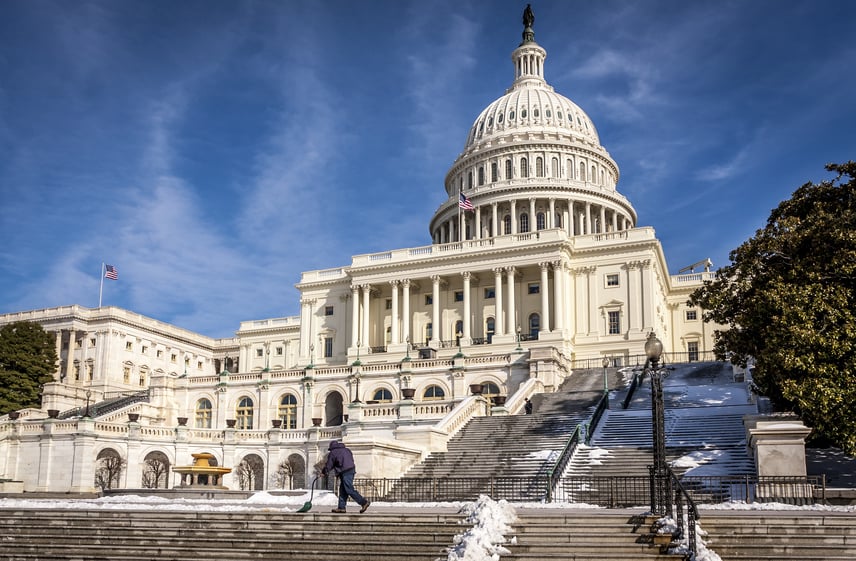Can private employers mandate vaccination as a condition of returning to the workplace? The recent spike in the COVID-19 Delta variant has caused the re-closure of worksites or changes to workplace safety protocols, leading to legal developments that provide more clarity to this issue. In this Quick Chat video, Baker McKenzie Labor and Employment lawyers break down whether and how private employers can mandate vaccination.
We are pleased to provide this tracker, which identifies the relevant state-wide shelter-in-place orders and their related expiration dates, as well as the applicable state-wide reopening plans, in each of the 50 United States plus Washington, D.C. This week saw a dozen states extend their state-wide orders and/or the duration of the current phase of their reopening plans, five states imposed new mask mandates, and only two eased restrictions.
The latest video in the United States: The Employer Rapport series, focuses on mandatory vaccinations in the workplace.
Shelter-in-place or stay-at-home orders have been prevalent throughout the United States since March 2020 as state and local governments have sought to protect their citizens from the spread of the COVID-19 virus while at the same time reopen their economies in accordance with phased reopening plans. Keeping abreast of the evolving nature of these orders and plans as the spread of the virus continues to evolve is critical to the functioning of all businesses throughout the country.
On 9 July 2021, President Biden issued his Executive Order on Promoting Competition in the American Economy (EO) (Fact Sheet here) signaling support for severe limitation of post-employment noncompete restrictions–a move likely to add fuel to the fire of states passing laws to limit the use of post-employment noncompetes.
On 9 July 2021, President Biden issued his Executive Order on Promoting Competition in the American Economy (EO) signaling support for severe limitation of post-employment noncompete restrictions–a move likely to add fuel to the fire of states passing laws to limit the use of post-employment noncompetes.
Shelter-in-place or stay-at-home orders have been prevalent throughout the United States since March 2020 as state and local governments have sought to protect their citizens from the spread of the COVID-19 virus while at the same time reopen their economies in accordance with phased reopening plans. The Tracker keeps up to date with orders and plans across the country, and is current as of 9 July 2021.
Shelter-in-place or stay-at-home orders have been prevalent throughout the United States since March 2020 as state and local governments have sought to protect their citizens from the spread of the COVID-19 virus while at the same time reopen their economies in accordance with phased reopening plans. Georgia and Illinois extended their state-wide orders and/or the duration of the current phase of their reopening plans. While Michigan, Oregon, New York and Pennsylvania. have eased restrictions, mask requirements and/or advanced to the next phase of their reopening plan.
Shelter-in-place or stay-at-home orders have been prevalent throughout the United States since March 2020 as state and local governments have sought to protect their citizens from the spread of the COVID-19 virus while at the same time reopen their economies in accordance with phased reopening plans. Georgia and Illinois extended their state-wide orders and/or the duration of the current phase of their reopening plans. While Michigan, Oregon, New York and Pennsylvania. have eased restrictions, mask requirements and/or advanced to the next phase of their reopening plan.
Shelter-in-place or stay-at-home orders have been prevalent throughout the United States since March 2020 as state and local governments have sought to protect their citizens from the spread of the COVID-19 virus while at the same time reopen their economies in accordance with phased reopening plans. Georgia extended their state-wide orders and/or the duration of the current phase of their reopening plans. While Maryland, Massachusetts, New York, Ohio, Vermont and West Virginia. have eased restrictions, mask requirements and/or advanced to the next phase of their reopening plan.




